Nội Dung Chính
(Page 100)
This unit includes:
LANGUAGE
Pronunciation
Assimilation
Vocabulary
Words related to conserving wildlife
Grammar
Adverbial clauses of condition and comparison
SKILLS
Reading: Reading for main ideas and specific information in news items about wildlife conservation
Speaking: Suggesting activities for a wildlife conservation event
Listening: Listening for main ideas and specific information in a talk about the threats facing tigers
Writing: Writing a problem-solving report on protecting tigers
COMMUNICATION AND CULTURE / CLIL
Everyday English
Expressing concern
CLIL
The International Union for Conservation of Nature (IUCN) Red List
PROJECT
Designing a poster about an endangered species
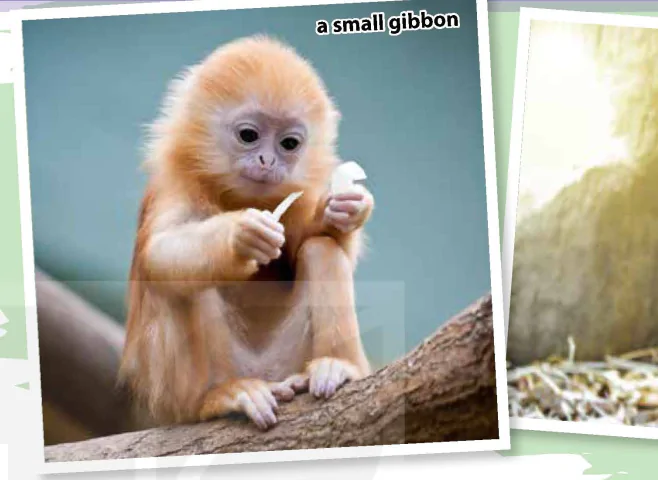
I. GETTING STARTED
At a rescue centre
1. Listen and read.🎧
Ms Smith: Welcome to the Endangered Primate Rescue Centre! If you have any questions during the tour, don't hesitate to ask me.
Mark: I've just seen a monkey in the enclosure. So are primates just monkeys, Ms Smith?
Ms Smith: No, primates are a group of mammals that includes not just monkeys, but also humans and apes.
Mark: What's the difference between apes and monkeys?
Ms Smith: Well, apes don't have tails and are larger than monkeys. Their brains are also larger. They're as good at using tools as they're at learning sign language.
Mai: So how many primates live here?
Ms Smith: The centre is home to more than 170 primates representing 14 species. They're housed in large enclosures.
Mark: I can hear some sounds. Is someone singing? Ms Smith: We're close to the gibbons' enclosure, and the male and female gibbons are singing.
(Page 101)
Gibbons are the smallest of the apes, and all seven species are regarded as threatened. In fact, five of them are listed as critically endangered.
Mai: What is the main threat to gibbons?
Ms Smith: It's habitat loss due to deforestation and illegal hunting. hunting. Poachers make a big profit out of selling gibbons as pets and for making traditional medicine and food.
Mai: So we can help gibbons if we stop keeping them as pets.
Ms Smith: That's right. Now let me show you Derek, the gibbon we rescued last week. He was locked in a cage for two years as an illegal pet.
Mai: Oh no, he's so thin.
Ms Smith: Yes. Gibbons can become ill or weak unless they're fed the right type of food. After examining Derek, our veterinarian also found head injuries. So we'll give him a suitable diet and monitor him for several weeks before we release him into the national park.
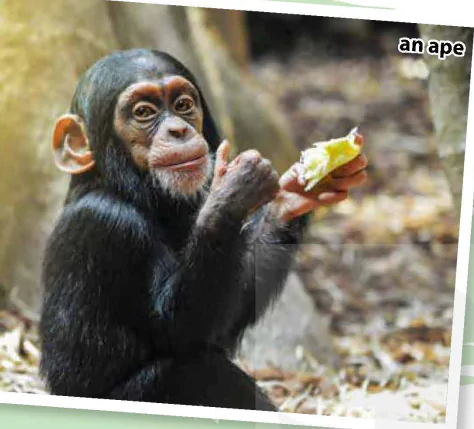
2. Read the conversation again and decide whether the statements are true (T) or false (F).
| T | F | |
| 1. Humans belong to the same group of mammals as apes and monkeys. | ||
| 2. Apes can learn sign language but can't use tools. | ||
| 3. Gibbons are endangered because they are the smallest of the apes. | ||
| 4. Derek's owner kept him in a cage and gave him the wrong type of food. |
3. Match the words and phrases with their meanings.
| 1. threatened | a. to watch and check something carefully over a period of time |
| 2. critically endangered species | b. plants and animals that are in danger of disappearing |
| 3. monitor | c. to let someone go free after having kept them somewhere |
| 4. release | d. plants and animals that are likely to become endangered in the near future |
4. Complete the following sentences using the information from 1.
1. _____ don't hesitate to ask.
2. Apes are as good at using tools _____.
3. We can help gibbons _____.
4. _____ unless they're fed the right type of food.
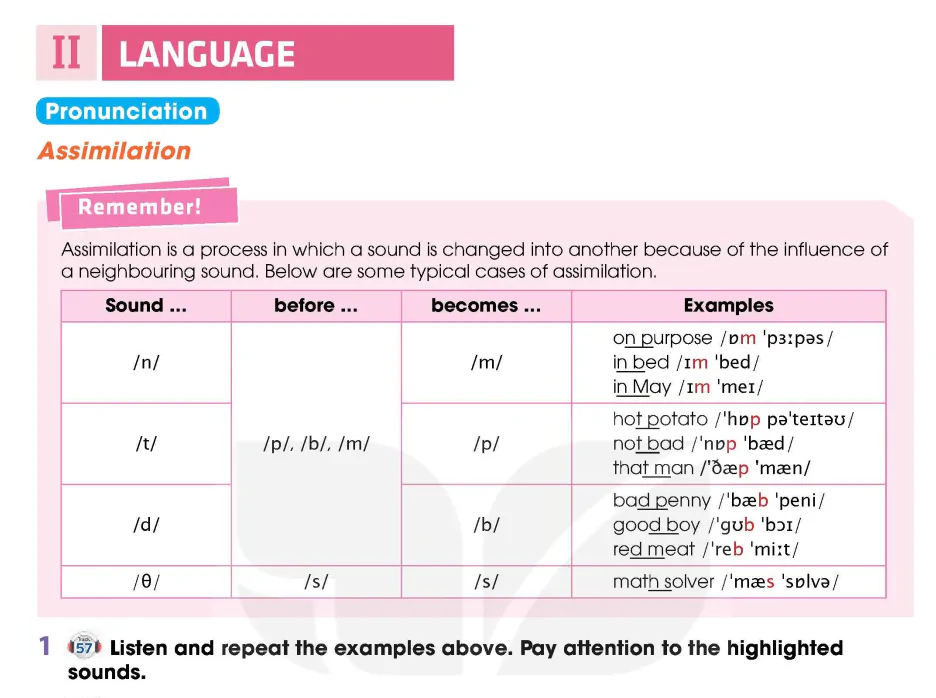
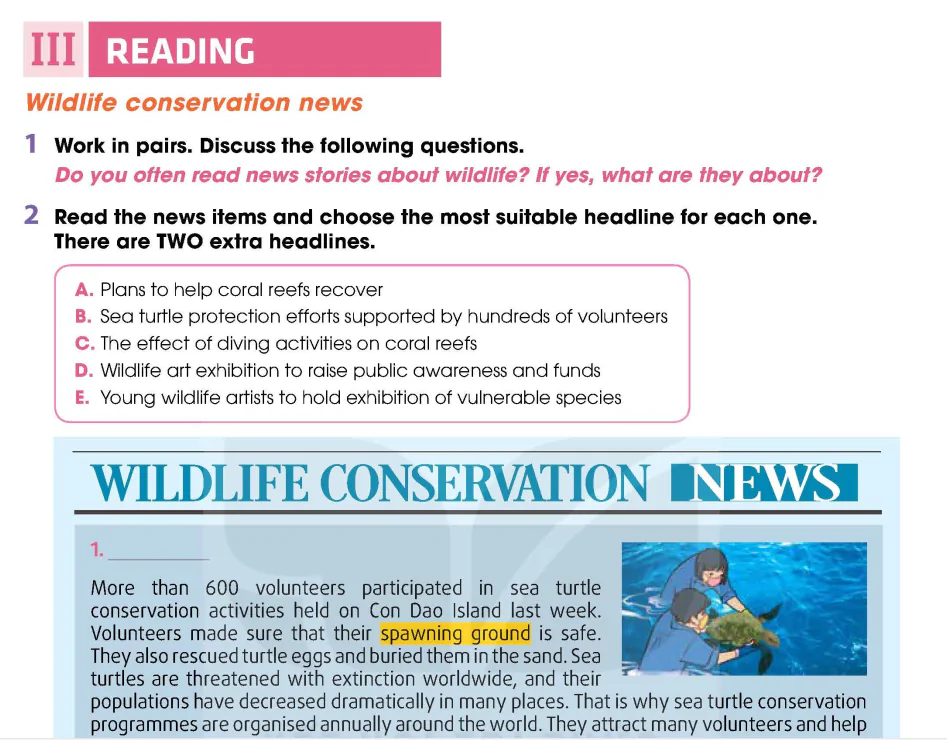
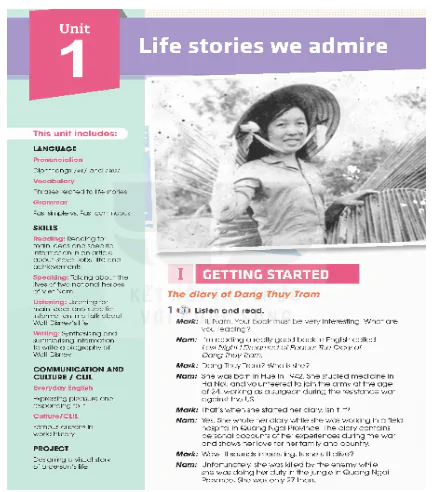
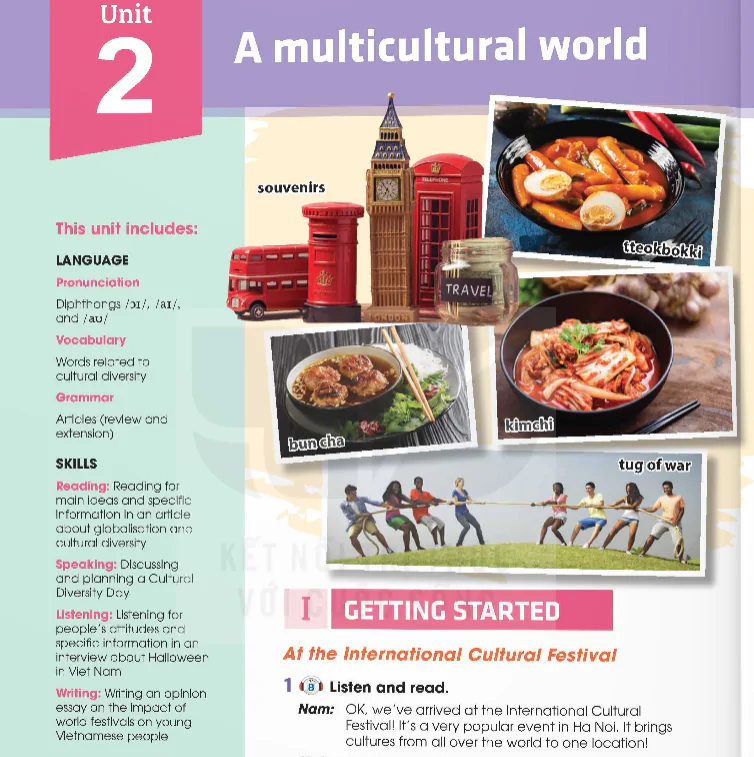
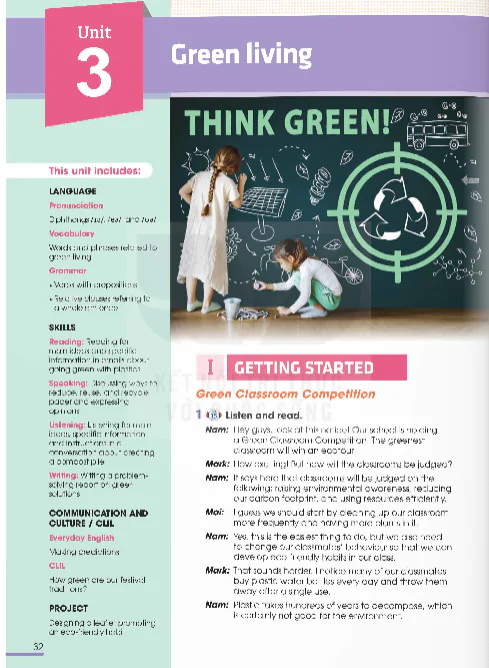
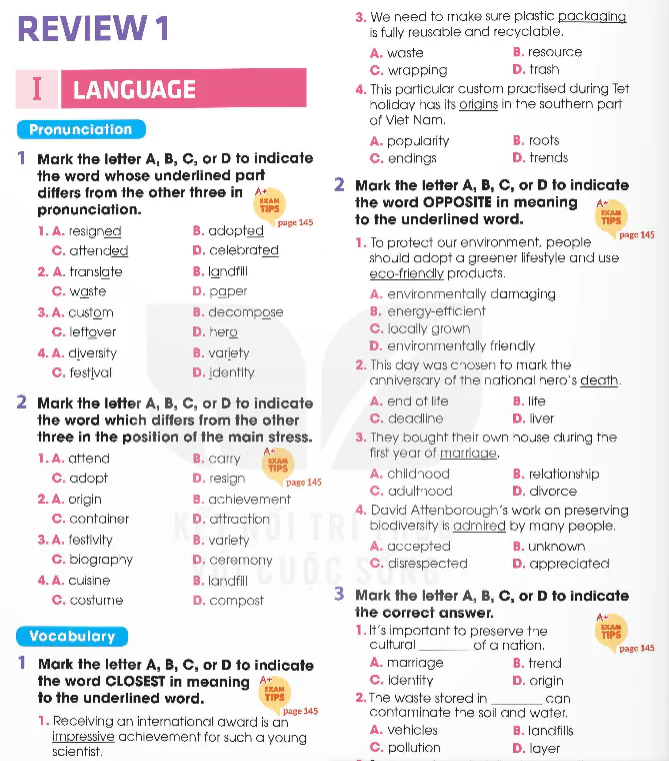
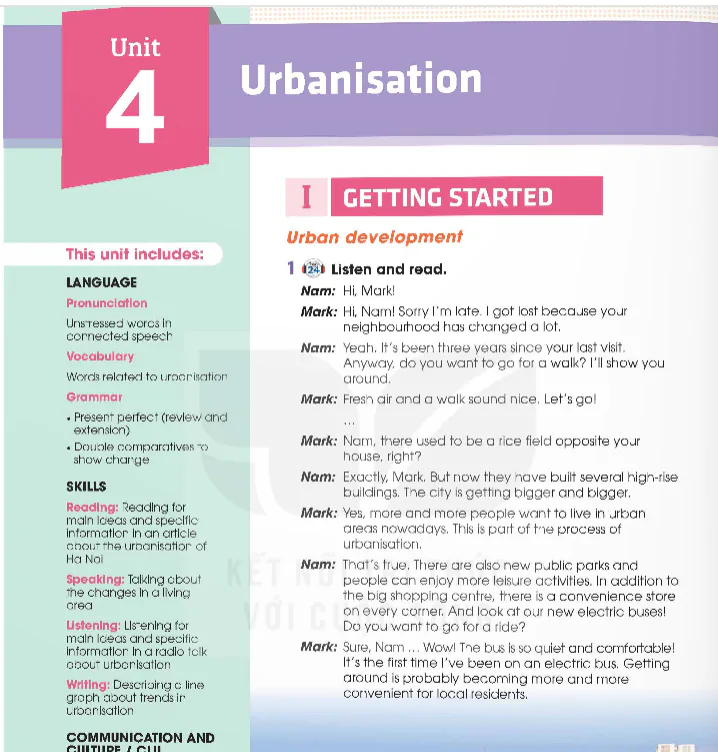

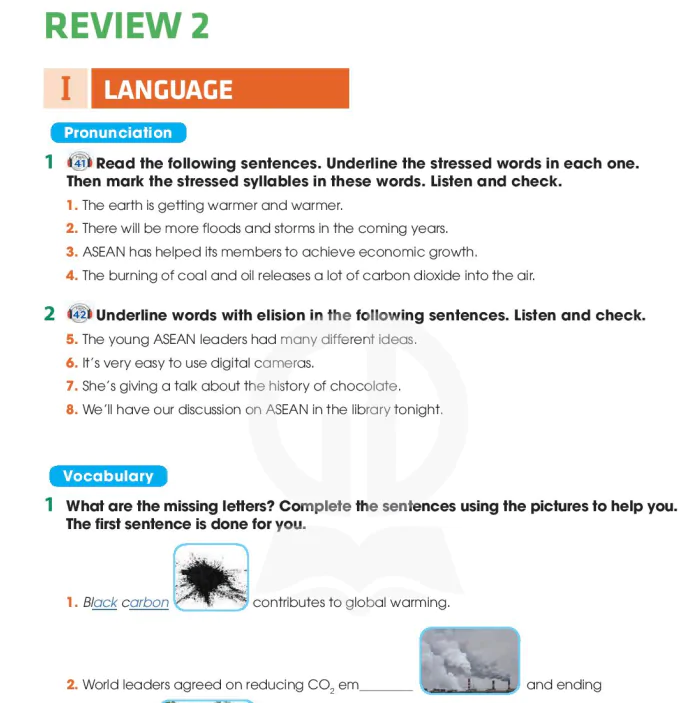
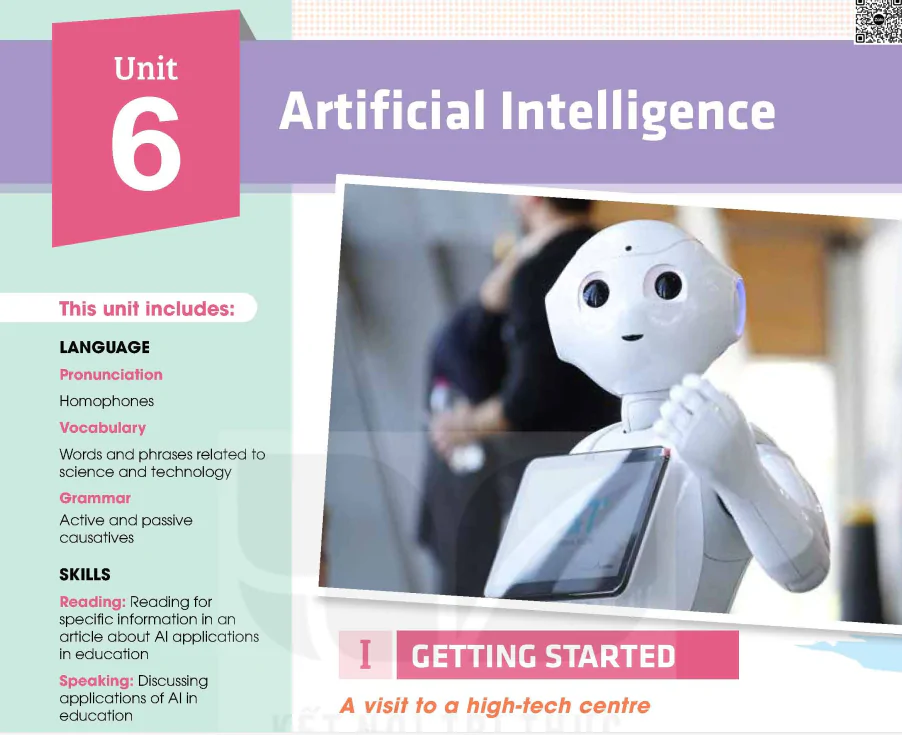
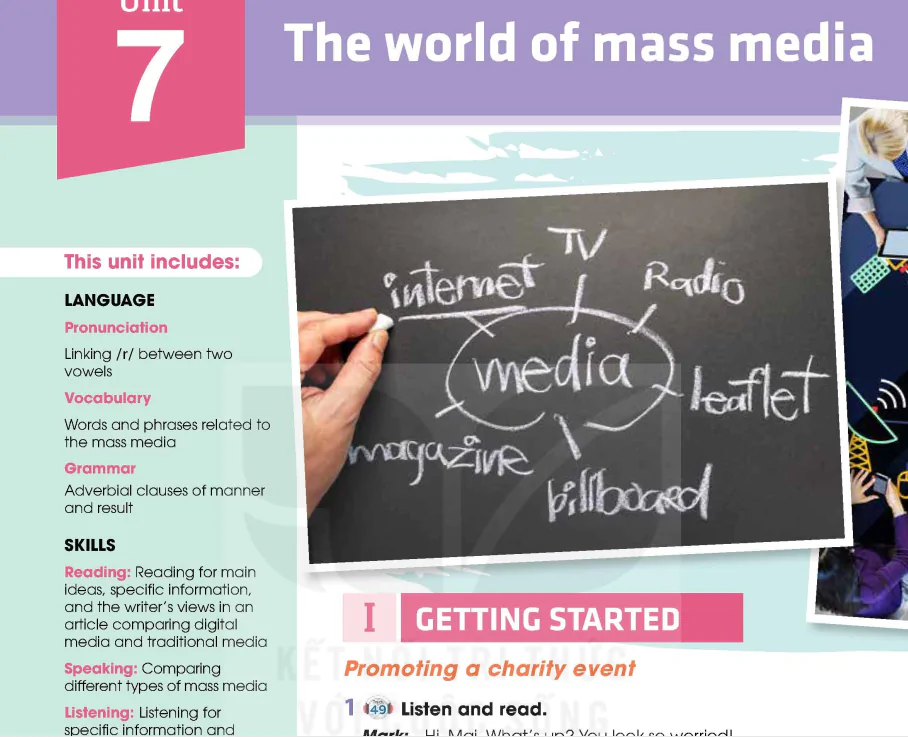
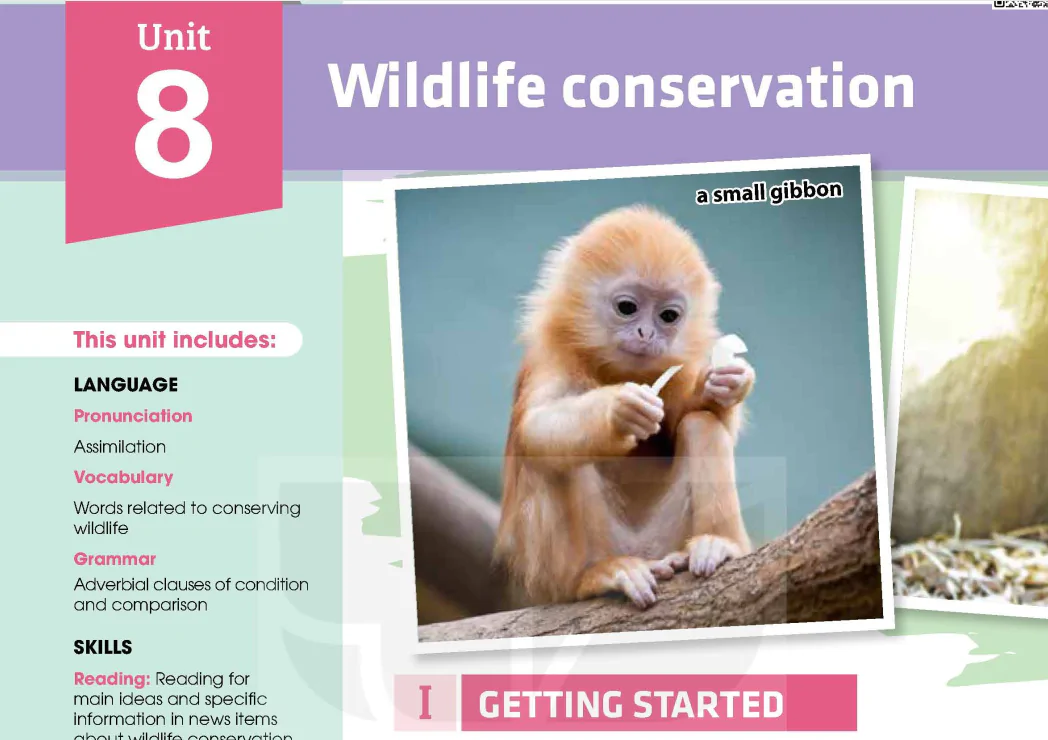
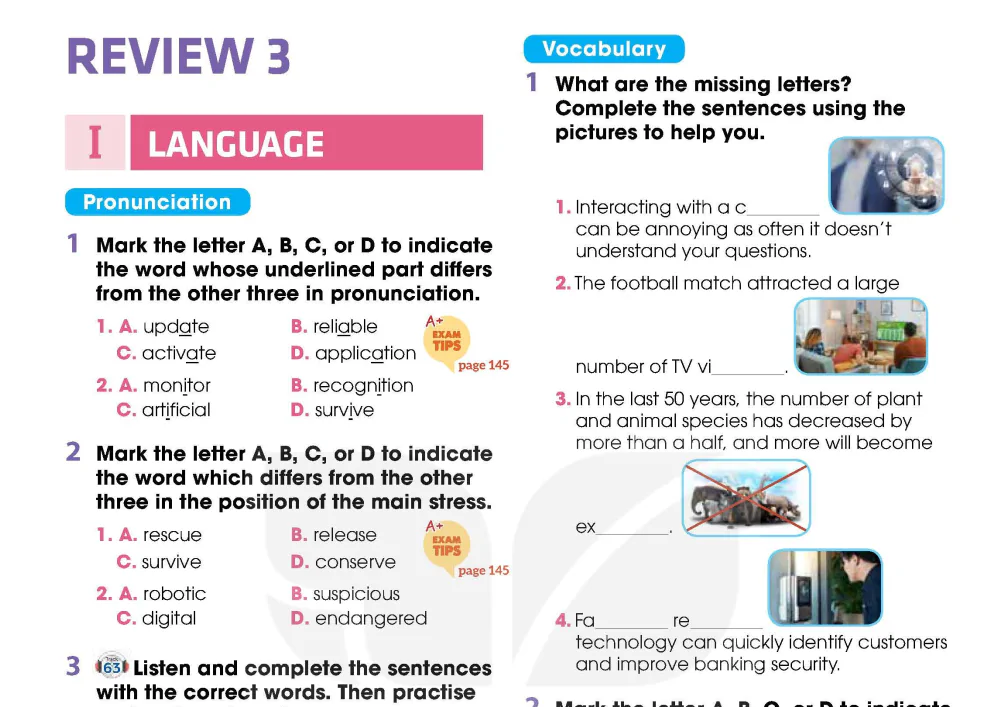
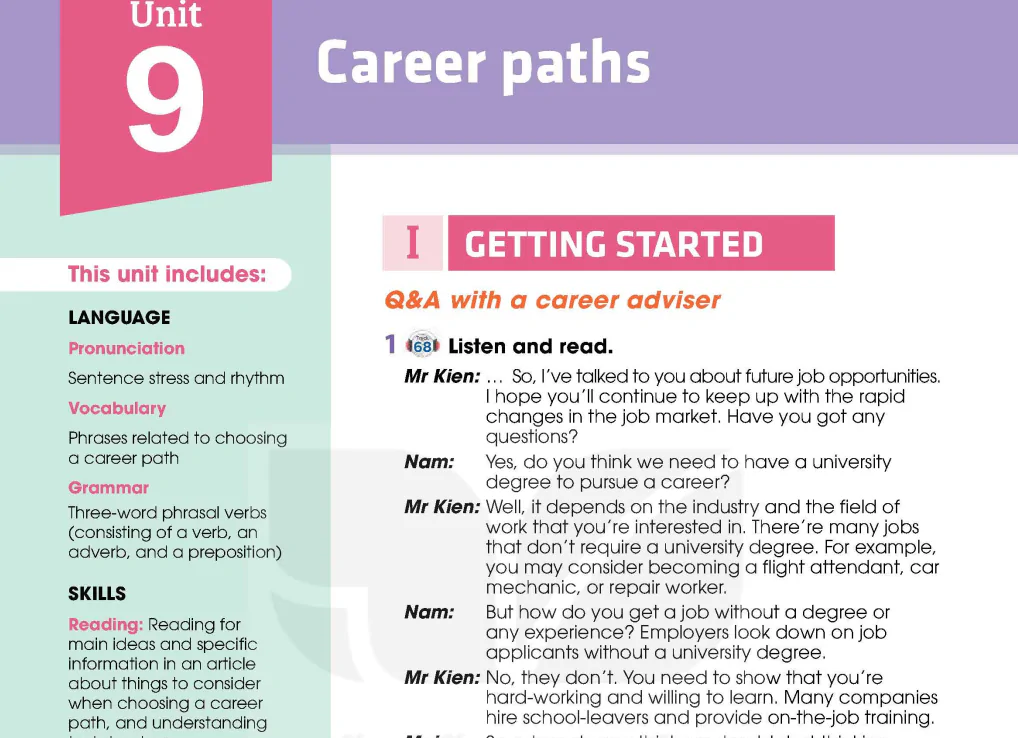
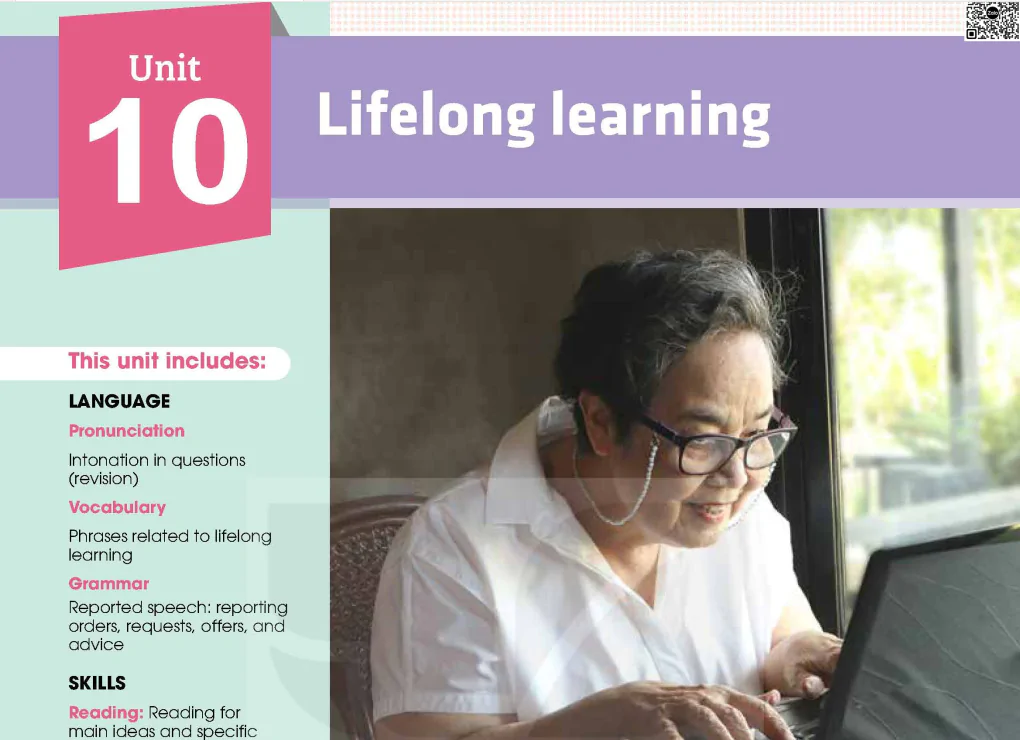
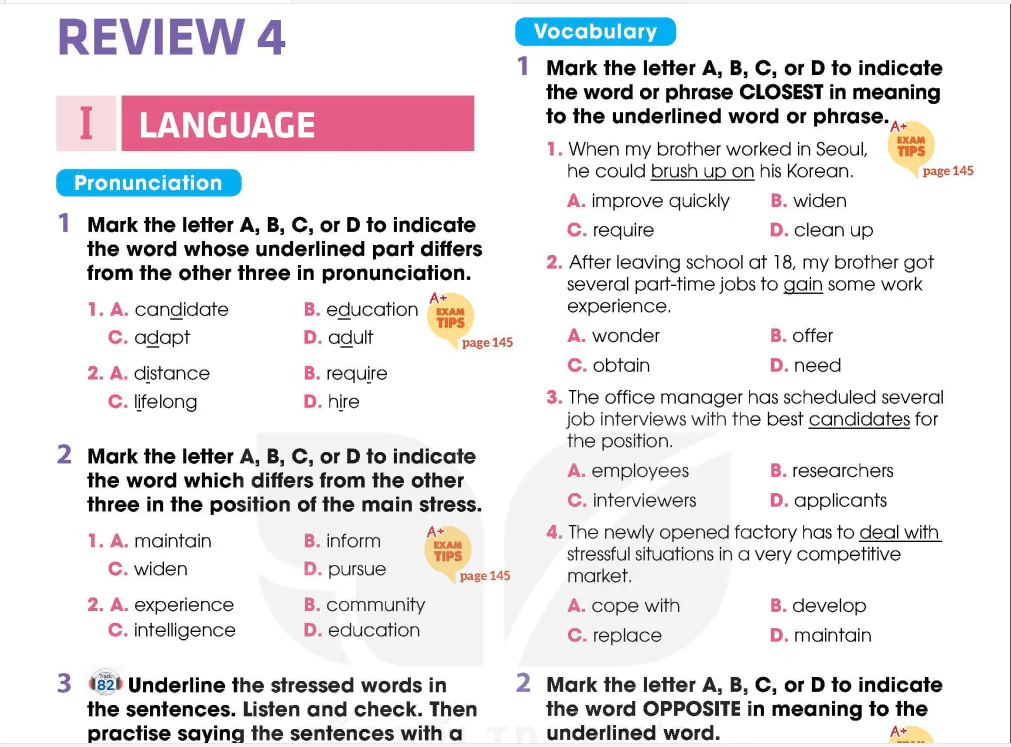
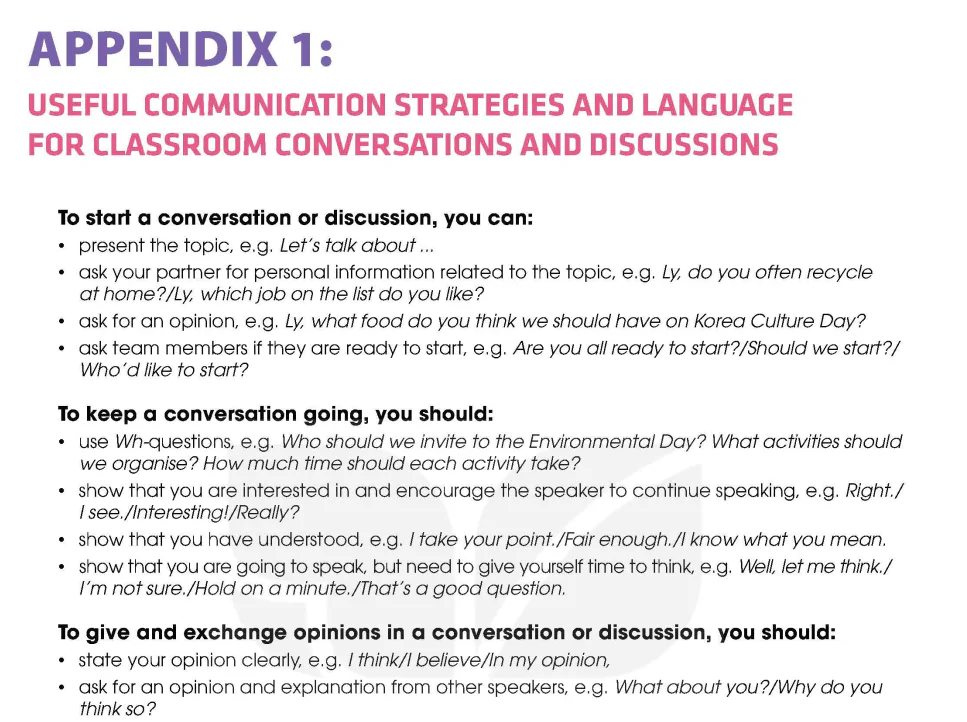
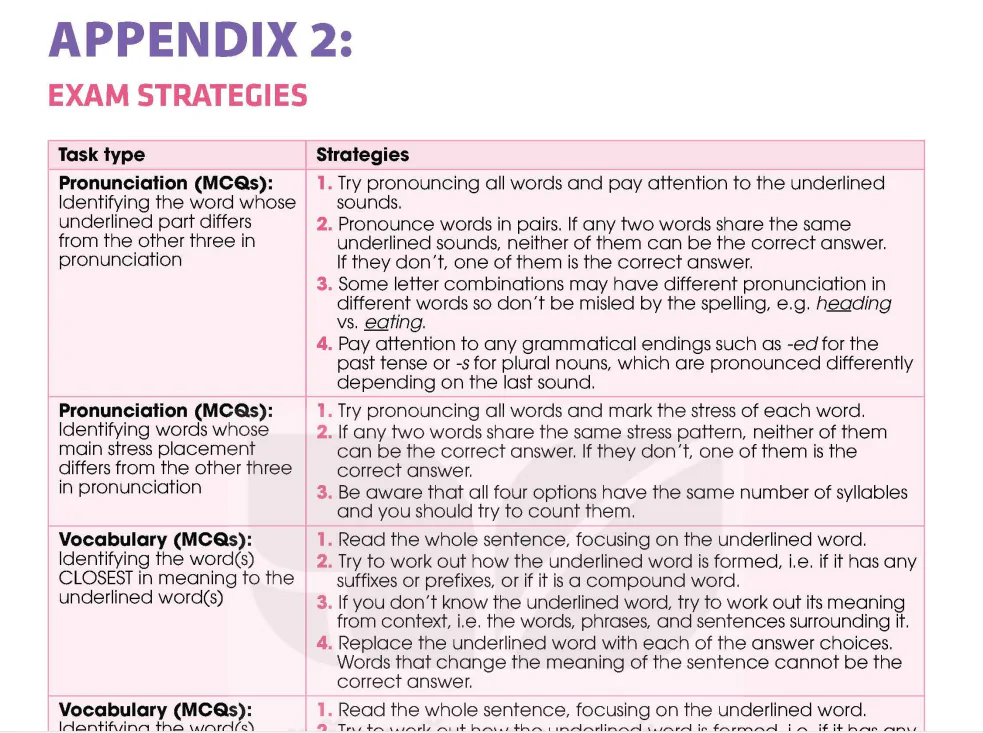
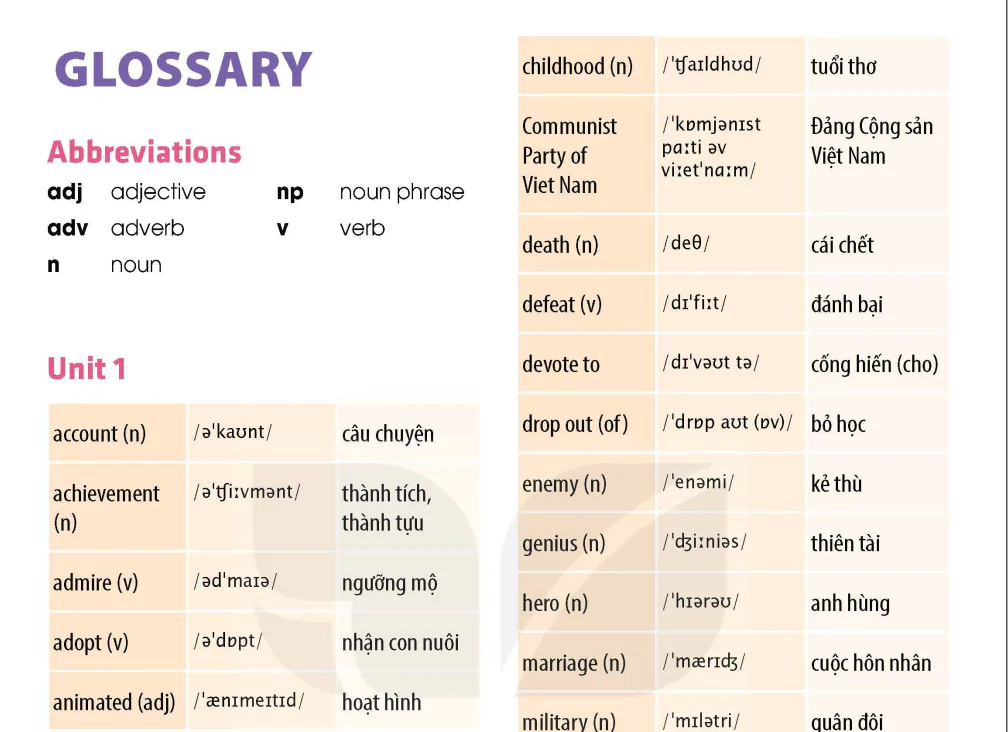
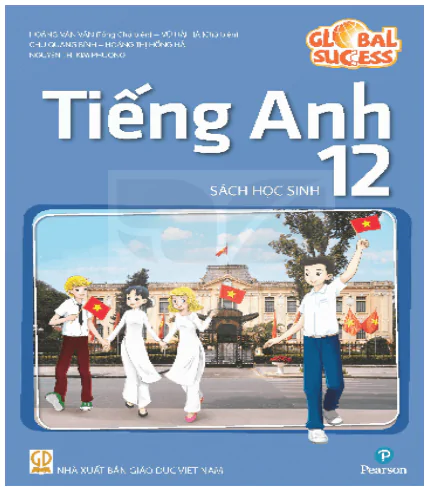

















Bình Luận
Để Lại Bình Luận Của Bạn